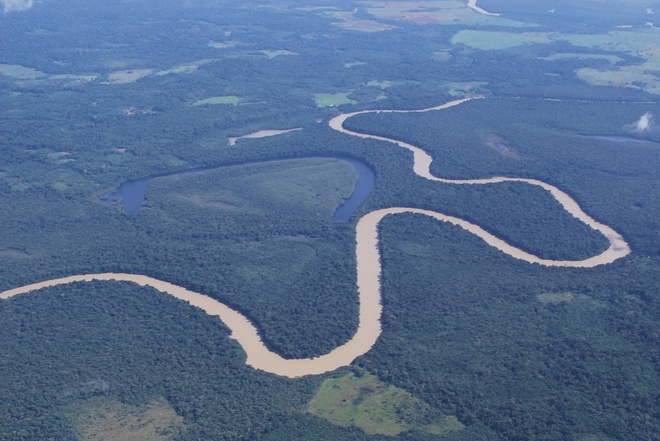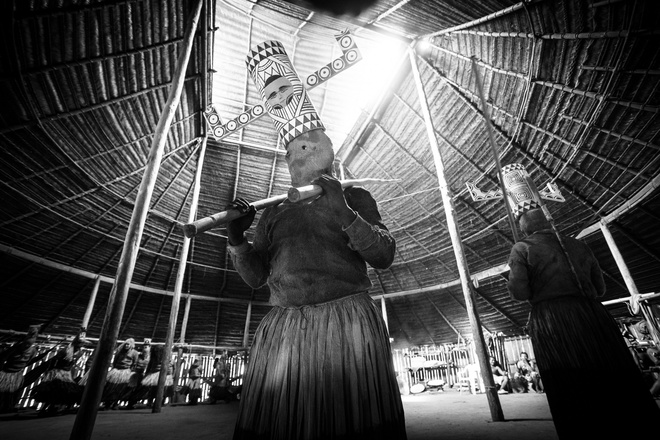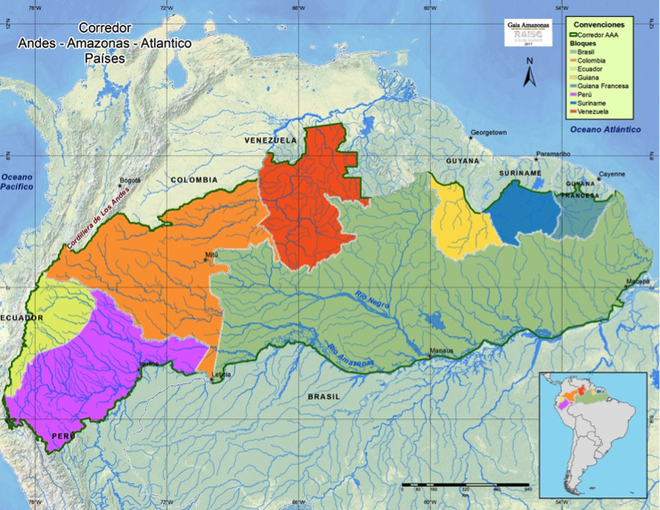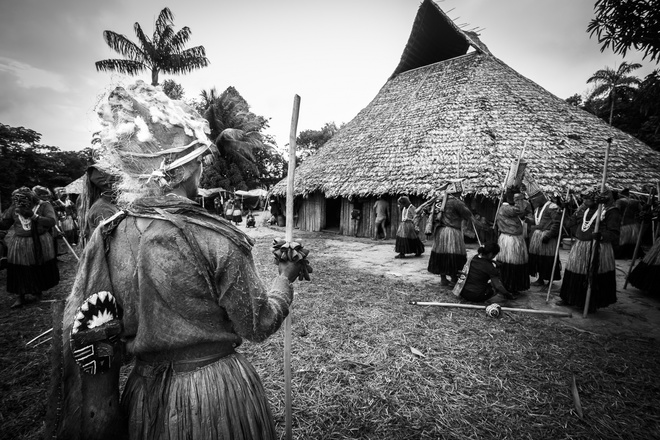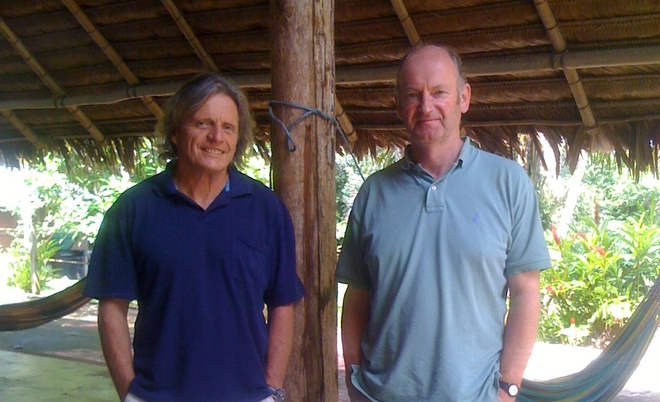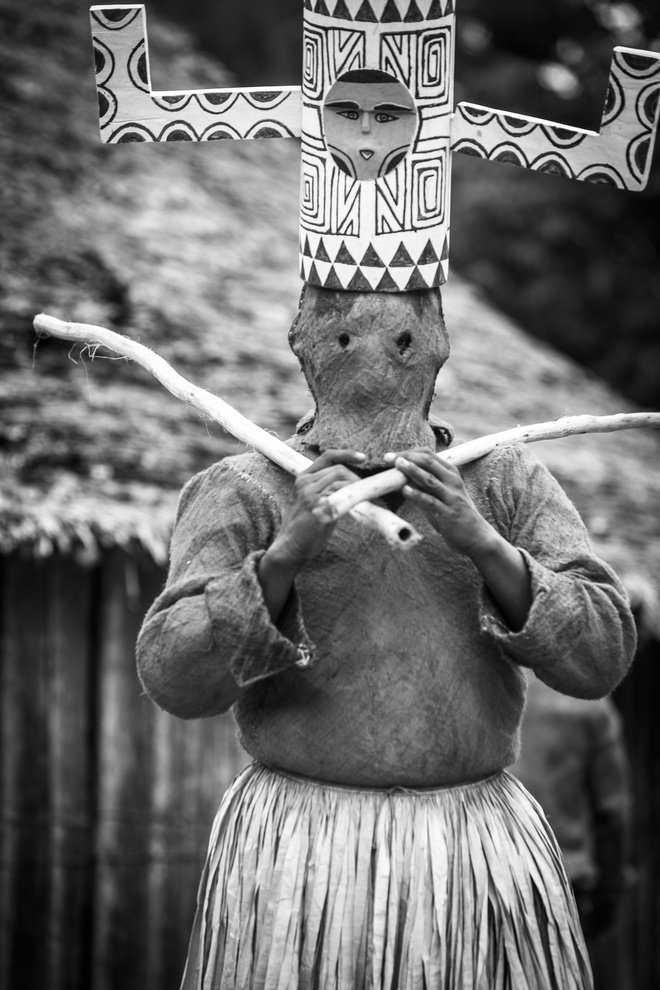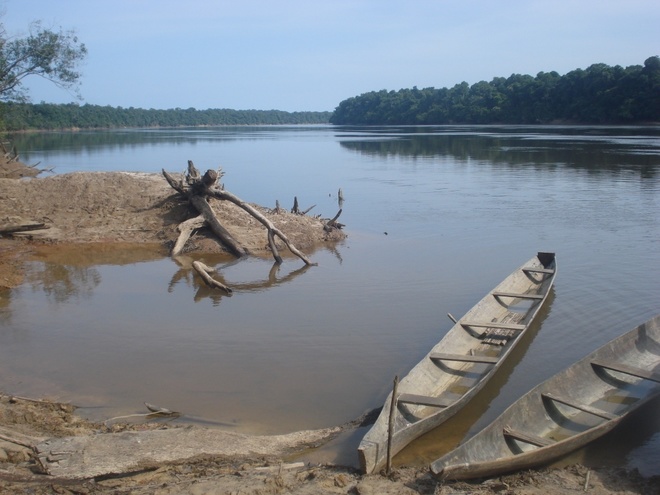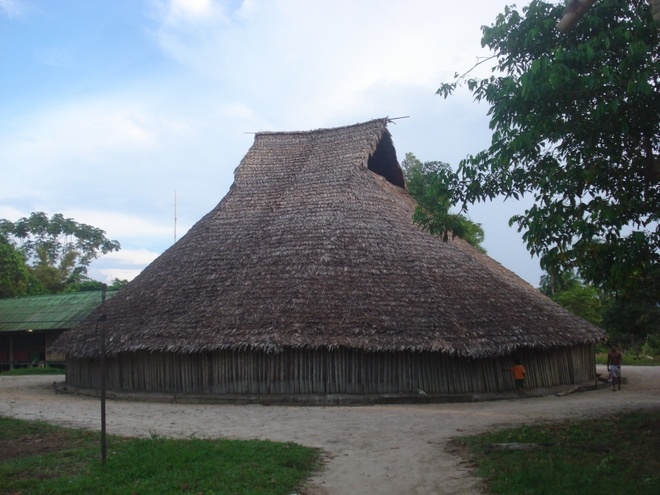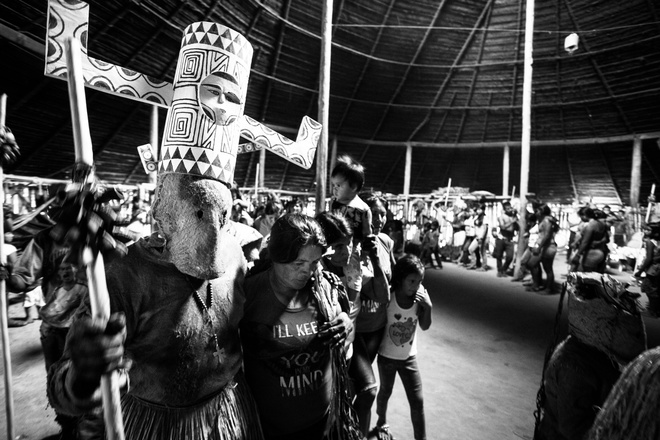A sacred site deep in the Colombian Amazon
Since 2008, Rainforest Concern has worked in partnership with Gaia Amazonas to obtain legal recognition of ancestral indigenous land.
A hotspot for both biological and cultural diversity, the Yaigojé Apaporis remains a pristine wilderness. It is located deep in the Colombian Amazon close to the Brazilian border and is now the third largest national park in Colombia at around 1.1 million hectares. It was created at the request of indigenous communities who were being threatened by multinational mining companies.
After persistent mining threats to their land, the National Park was created in order to further protect not only the Yaigojé Apaporis forests but also the natural resources in the sub-soil. The park is now managed by the indigenous communities who use their vast knowledge to preserve this area of Amazon rainforest.
Rainforest Concern continues to work with Gaia Amazonas with the Triple A corridor project (see below).
